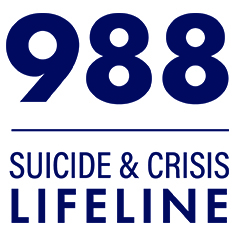Post-discharge Follow-up as Suicide Prevention
June 20, 2014
A review of 11 research studies concluded that multiple contacts with patients discharged from psychiatric hospitalization or emergency departments after a suicide attempt or ideation may prevent future suicidal behaviors. The authors caution that more research is needed to understand the number and type of contacts that are most successful, as well as whether the effect of follow-up is affected by availability of mental health care or patient characteristics like gender and culture.
The authors point out that the research on suicide demonstrates that “the time after discharge from psychiatric hospitalization is one of heightened risk for suicide and repeat suicide attempts for patients” and that fewer than half of suicidal patients admitted to inpatient psychiatric units or treated in emergency departments receive aftercare.
The types of follow-up contact used in the studies reviewed were telephone calls, letters, postcards, in-person contacts, email, and texts. Most used further suicide attempts as an outcome measure. Five studies found that repeated post-discharge contacts resulted in a reduction in suicidal behavior. Four had mixed results, although they did show trends toward preventing additional suicidal behaviors, and two showed no effect.
The authors suggest that multiple follow-up contacts may be effective because they “provide a sense of connectedness and assurance that someone cares about the patient,” remind the patient that mental health care is available, give information on how to access this care, and motivate patients to participate in treatment.
Differences in methodology and samples used in the 11 studies prevented the authors from conducting a meta-analysis.
This summary is based on: Luxton, D.D., June, J.D., & Comtois, K.A. (2013). Can postdischarge follow-up contacts prevent suicide and suicidal behavior? A review of the evidence. Crisis 34(1): 32-41.
